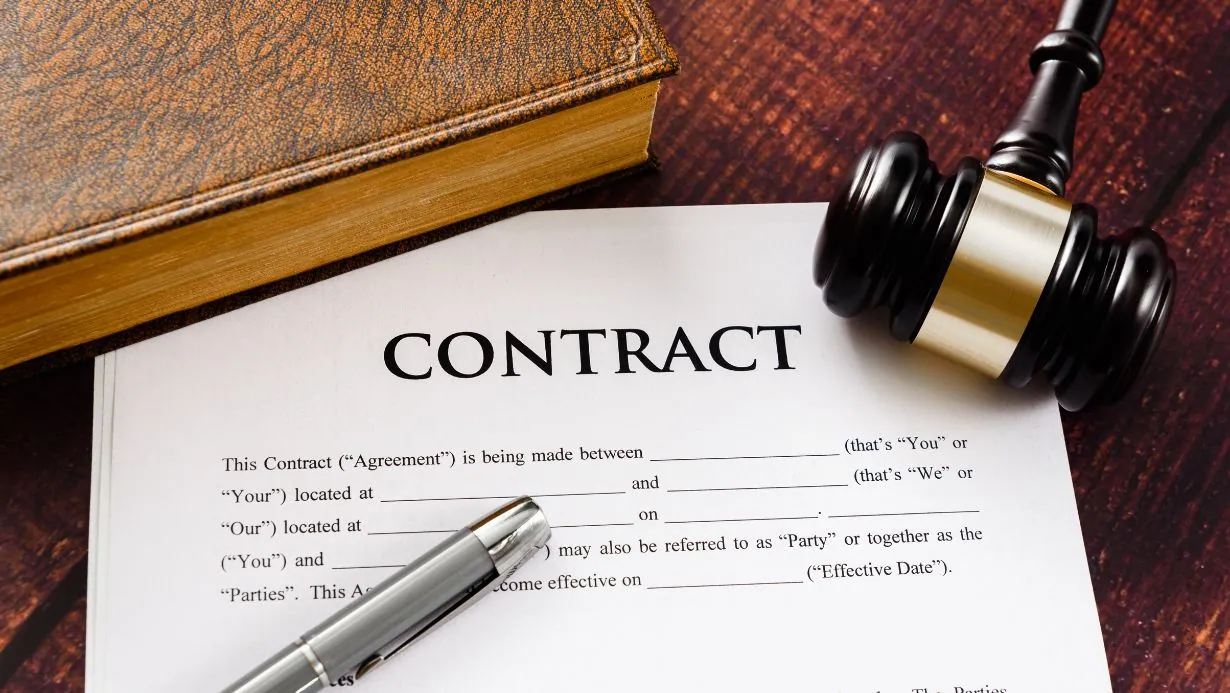If you’ve been managing rental properties for a while, you’re likely familiar with all the commitment and responsibility that come with being a landlord. Among your key responsibilities is handling tenant maintenance disputes, which can be more demanding than one would expect.
In addition to legal consequences, mishandling a dispute can also bring about a financial hit to your bank account. It not only causes you undue stress but also hurts your reputation and relationships with other tenants.
To help you handle tenant maintenance disputes without added risk, here is a quick guide to approaching them.
Acknowledge the Issue handling maintenance disputes with tenant
When it comes to strategies for property investment or management, proactiveness is often hailed as a crucial practice. This also applies to situations where you handle tenant maintenance disputes as a landlord. By taking an active role in acknowledging the dispute, you show your tenants how serious you are about resolving their issues. This also helps you prioritize the issue on your end, motivating you to find a solution and preventing unnecessary delays.
Refer to the Lease Agreement
Similar to how renters’ credit checks can protect you from dealing with unreliable tenants in the future, putting in maintenance clauses in the lease agreement safeguards you from tenant disputes later down the road. Including specific types of maintenance requests that remain your responsibility and which are your tenant’s responsibility in your lease agreements establishes clear guidelines for both you and your tenants. Depending on the maintenance issue, this may resolve the dispute instantly.
Check the Maintenance Request Form
Besides your lease agreement, a maintenance request form is another document to support you through any maintenance disputes. This form outlines the original maintenance request and keeps a record of all incoming requests. Maintenance request forms should be kept for records so you can access them on short notice.
Review the Tenant’s Overall Maintenance Record

In some situations, reviewing a tenant’s overall maintenance record can shed light on their behavior towards maintenance requests. This process is not much different from checking which details are in your rental agreement, where you determine pre-agreed clauses. Within a tenant’s overall maintenance history, you can discover if they have been too demanding or unrealistic with their requests in the past. In some cases, this can help you tilt the resolution in your favor.
Know Your Legal Rights and Options
In some instances, these proactive measures won’t be enough to solve a dispute. In either case, you should have legal help to protect your business and limit your exposure to financial or reputational damage claims by the tenant. If you don’t have an attorney on retainer, you can also find one through an online attorney service.
Offer a Resolution to the Tenant
After you’ve checked your records and have solid reasoning to stand your ground, you can offer a resolution to the tenant. Determine a resolution with the tenant through an attorney. If you present records and evidence to support your claim, there’s a high chance that the tenant may accept your offer. Otherwise, you can follow legal channels to resolve the dispute.
Follow-up after each maintenance issue
To prevent future or additional instances of tenant maintenance disputes, take steps to ensure tenants are satisfied with the completed maintenance work. Follow up with your tenants to determine if the work was completed as per your agreement. You can reach out to tenants through email, texting, or landlord messaging software.
With these tips in mind, you can navigate the maze of tenant maintenance disputes while safeguarding your finances and reputation. This helps you manage your property without undue problems.
Also Read; Navigating Evictions and Legal Issues as Rental Property Owners
